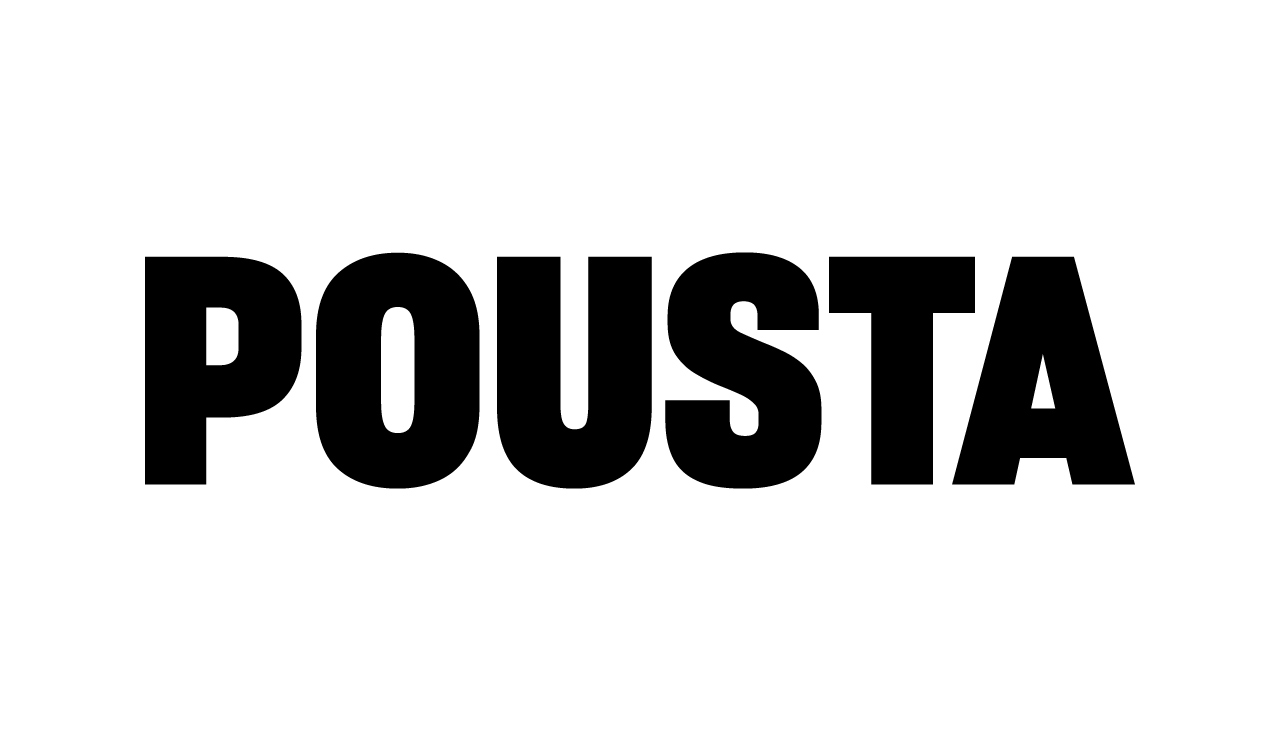It’s been a year now since I became a vegetarian. After years of debating it with myself and others, I decided back then that I didn’t want to go through life without at least trying to be a vegetarian. I have vegan and vegetarians friends and I’d seen scores of documentaries that made good arguments in favor. It was something that I had debated in my head for a long time, so I decided to give it a year. Just to try it. It turned out to exceed all my expectations in how it would change me physically and spiritually. I would like to now share my reflections.

Once you are on the other side, it is hard to go back
Before I went full blown vegetarian, I ate meat for time to time. I was conflicted about it but there were moments, especially when I had consumed alchohol, when these doubts were more easily overcome. Even during my first months as a vegetarian, I did not feel entirely committed. I still viewed it as a temporary experiment. But as more time past since I last ate meat, it lost more of its attractiveness. Now I can barely imagine eating a steak, which used to be my favorite meal. Putting down nearly a pound of red meat? I think I would vomit. This revulsion partly comes from the texture but it is also about fully internalizing that I am eating another animal’s flesh. I have also seen so many videos of the entire process that I know the full truth behind meat production. And now that I don’t eat meat, the moral outrage that those videos provoke is even greater. When I used to watch them, my mind raced to justify my meat consumption. Now that I am on the other side, I have no interest in going back.
It gives greater meaning to your daily choices
Being a vegetarian is hard, and it requires discipline and fortitude. Any time you go out to look for food, you have to have your defenses up. For example, asking for a vegetarian option? Make sure they don’t add chicken or tuna, even if they say “hey – that’s not meat!” In order to have the energy and the patience to deal with this, you learn to keep at the front of your mind the dark side of meat consumption: animal suffering, environmental degradation, naturalization of violence and poor human health. Each time you avoid meat, you are helping to create a better world. Sometimes all the evil in the world can overwhelm us, but there are small, daily battles to be fought to give you a feeling of winning.
Social pressure and money are not excuses
For me, coming out to my family as a vegetarian was probably the most difficult part. I was sure I wanted to be one but I knew there would be backlash from my siblings and parents. I come from a classic meat-and-potatoes home. My mother mother’s meals, which were always delicious, followed a simple pattern: chicken or beef or pork, starch, vegetable or salad. My mom comes from a farming family, cattle ranching specifically, so the idea of not eating meat is almost sacrilegious. I was worried what might happen at a Christmas dinner, where my grandmother or mother had spent all day preparing something special. I dreaded that moment where the whole family would hear my rejection of the food and then I would begin to be bombarded with questions and jokes. Well, this moment did actually come to pass and it was not as bad as I had imagined it. Something amazing happened after, which is that over time my family has come to accept it without condescending comments. At this point it is not even an issue anymore.
Money is also not really something to worry about. You hear all the time that being vegetarian is really expensive. Sometimes, yes, it will be more expensive to go with or find a vegetarian option. Other times, no though. Frequently the vegetarian dishes on a menu are cheaper than the options with meat. It is a good idea to remind yourself that the more people who become vegetarian, the cheaper it will become. So every time you buy vegetarian, you are making it easier for everyone who comes after you. It is an investment in the lifestyle. And it is also an investment in your health. Vegetarians eat more fruit and vegetables than omnivores and are on average less likely to be overweight. Spending money on good food now means avoiding a bunch of incredibly destructive conditions later in life, such as heart disease and diabetes. Those treatments are expensive. So if your food choices help you to avoid these “diseases of affluence”, you will actually save money in the long run.
Don’t be a Nazi about it
This piece of advice goes for your interactions with others and with yourself. I strongly believe it is better not think in black-and-white terms. It is not about being 100% vegetarian or not. Keep in mind: the goal is to reduce animal suffering and environmental destruction. If me being obsessed with my moral purity turns others off of the lifestyle, then in the grand scheme of things I am actually perpetuating meat consumption. The lifestyle needs to be attractive. Rather than pursuing individual moral purity, the strategy ought to be to convince everyone in our orbit to reduce their consumption. Inform rather than judge. Share your food. Talk about how it makes you feel. The ethics and facts behind vegetarianism are powerfully seductive. However most people are swamped with conflicting information. We only need to set them down the path. They will make the discoveries for themselves.
Being vegetarian has been such a good experience, that now after one year I cannot imagine going back to eating meat. Sure I could do it if someone dared me or payed me a thousand dollars, but animal flesh is not something that really interests me anymore. In fact, I am now trying to move towards becoming vegan. I hope in a year more to share my reflections on that experience as well.


























































































































































































































































































































































































































